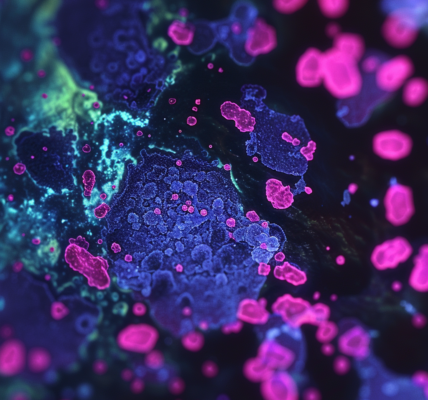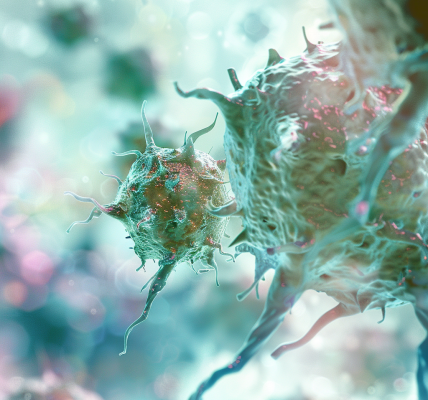Is sugar really to blame for hyperactive kids? The belief that sugar leads to hyperactivity in children has been a long-standing one, but is there any truth to it?
As children run around at a birthday party, fueled by sugary treats, the question arises – does sugar really make kids hyperactive? The idea that consuming sugar can lead to hyperactivity has been a popular belief among parents for years, influencing the way they monitor their children’s sugar intake.
While a balanced diet is crucial for children’s development, studies have shown that excessive sugar consumption, particularly from processed junk foods, can have negative effects on brain function. Neuroimaging studies have indicated that children who consume more unhealthy snack foods tend to have smaller brain volumes, especially in the frontal cortices, compared to those with a healthier diet.
However, despite these findings, current scientific evidence does not support the notion that sugar directly causes hyperactivity in kids.
The Hyperactivity Myth
The myth of sugar-induced hyperactivity can be traced back to studies conducted in the 1970s and 1980s, particularly focusing on the Feingold Diet as a potential treatment for Attention Deficit Hyperactivity Disorder (ADHD). This diet, developed by American paediatric allergist Benjamin Feingold, involves eliminating artificial colors, sweeteners, flavorings, salicylates, and certain preservatives from the diet.
While the Feingold Diet is highly restrictive, including the exclusion of sugar, the studies that initially linked sugar to hyperactivity were limited in scope. ADHD is a complex neurodevelopmental condition characterized by inattention, hyperactivity, and impulsivity, and its causes are multifaceted.
It is important to note that sugar serves as a quick energy source for the body, but the direct link between sugar consumption and hyperactivity has not been conclusively proven by current scientific research.
Conclusion
In conclusion, while maintaining a balanced diet is essential for children’s overall health and well-being, the belief that sugar alone is responsible for hyperactivity in kids may not be entirely accurate. Parents should focus on providing nutritious meals and snacks for their children while considering various factors that contribute to their behavior and development.





